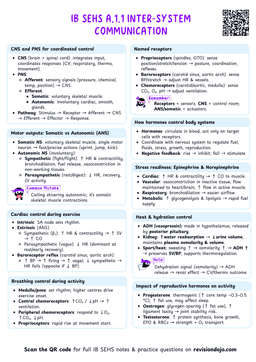Self-Determination Theory: The Three Psychological Needs
Self-determination theory
Self-determination theory (SDT) is a theory that explains how people are motivated and develop their personalities. It also examines how social and cultural factors affect motivation and well-being.
- Self-Determination Theory (SDT), developed by Edward Deci and Richard Ryan, explains how motivation works by focusing on three universal psychological needs: autonomy, competence, and relatedness.
- These needs are essential for intrinsic motivation, which is the drive to engage in activities for their own sake, rather than for external rewards.
When these needs are met, people are more likely to be motivated, perform better, and experience greater well-being.
The Three Psychological Needs
1. Autonomy: The Need for Control
Autonomy
Independence or freedom, as of the will or one's actions
- Autonomy is the need to feel in control of your actions and decisions.
- It's about acting according to your own values and interests, rather than being pressured by external forces.
To support autonomy, create environments where individuals can make choices and express their preferences.
2. Competence: The Need to Feel Capable
Competence
The ability to do something successfully or efficiently.
- Competence is the need to feel effective and capable in your actions.
- It involves mastering skills, overcoming challenges, and achieving goals.
To foster competence, provide opportunities for skill development and offer constructive feedback.
3. Relatedness: The Need for Connection
Relatedness
The state or fact of being related or connected.
- Relatedness is the need to feel connected to others and to belong to a community.
- It involves forming meaningful relationships and feeling valued by others.
To enhance relatedness, create supportive environments where individuals feel accepted and valued.
How the Needs Work Together
- These three needs are interconnected and mutually reinforcing.
- When all three are satisfied, intrinsic motivation flourishes, leading to higher engagement, performance, and well-being.
- A basketball player feels autonomy when choosing their training routine, competence when mastering a new skill, and relatedness when bonding with teammates.
- A runner feels autonomy when designing their own training plan, competence when achieving a new personal best, and relatedness when celebrating milestones with their running group.
It's a common misconception that extrinsic rewards (like money or praise) always undermine intrinsic motivation. While this can happen, rewards that support autonomy or competence (e.g., positive feedback) can enhance motivation.
Why These Needs Matter
- Autonomy, competence, and relatedness are essential for motivation and well-being.
- When these needs are met, people are more likely to:
- Persist in activities.
- Experience greater satisfaction.
- Achieve higher levels of performance.
A coach who supports a player's autonomy by involving them in decision-making, helps them develop competence through targeted training, and fosters relatedness by creating a supportive team environment.
Theory of KnowledgeHow do cultural differences influence the importance of autonomy, competence, and relatedness? For example, in some cultures, relatedness may be prioritized over autonomy. How might this affect motivation?


